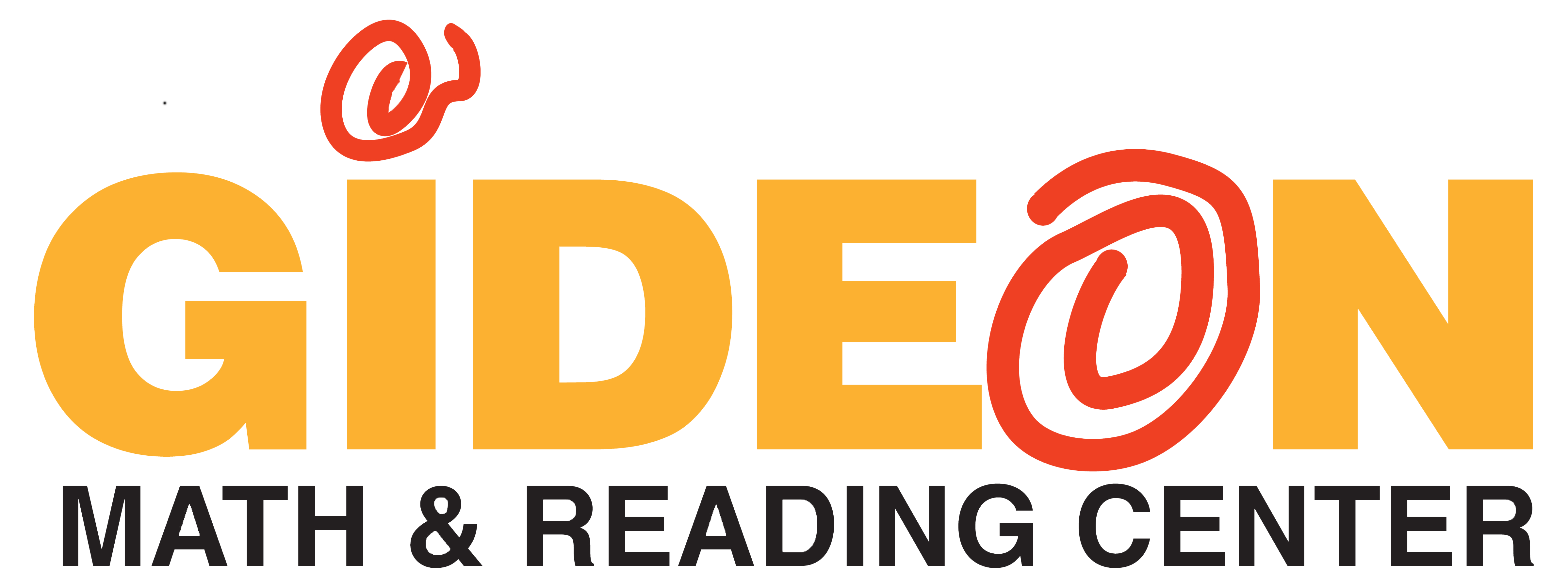In this article from TIME, the author discusses that while higher IQ can give an initial boost, hard work and effort are what is needed to succeed in math especially in middle and high school.
We see this often at Gideon. Children who initially struggled through memorizing addition facts but are steadfast in their practice and attendance will overcome and start to do very well later. Their attitudes generally remain positive as they know they are capable of mastering new (and sometimes difficult) concepts even if it requires repeating it five (or more) times. This experience builds them up for the next thing to overcome and can sustain them through the difficult part of doing many corrections. As everyone knows, a positive attitude can go a LONG way with learning! We remind the students of what they have mastered so far through their hard work and that this new item will be no different. We have long maintained that math is just like so many things in life (sports, piano, public speaking) in that you need to practice in order to do well.
You don’t have to be born with math skills; solving problems is a matter of studying and motivation.
…
That may not seem like such a surprise, but it’s become easy to say ‘I just can’t do math.’ While some element of math achievement may be linked to natural inborn intelligence, when it comes to developing skills during high school, motivation and math study habits are much more important than IQ, according to a new study.
…
To their surprise, the researchers found that IQ does not predict new learning — in other words, intelligence as measured by the IQ test does not indicate how likely students are to pick up new concepts or accumulate new skills. While children with higher IQs did have higher test scores from the beginning of the study, how much new material the kids learned over the years was not related to how smart they were, at least not once demographic factors were taken into account.…
So the children who improved in math over the years were disproportionately those who said they “agreed” or “strongly agreed” with statements such as, “When doing math, the harder I try, the better I perform,” or “I invest a lot of effort in math, because I am interested in the subject”– even if they had not started out as high-achieving students. In contrast, kids who said they were motivated purely by the desire to get good grades saw no greater improvement over the average. As for study strategies, those who said they tried to forge connections between mathematical ideas typically improved faster than kids who employed more cursory rote-learning techniques.
Read more:HERE
